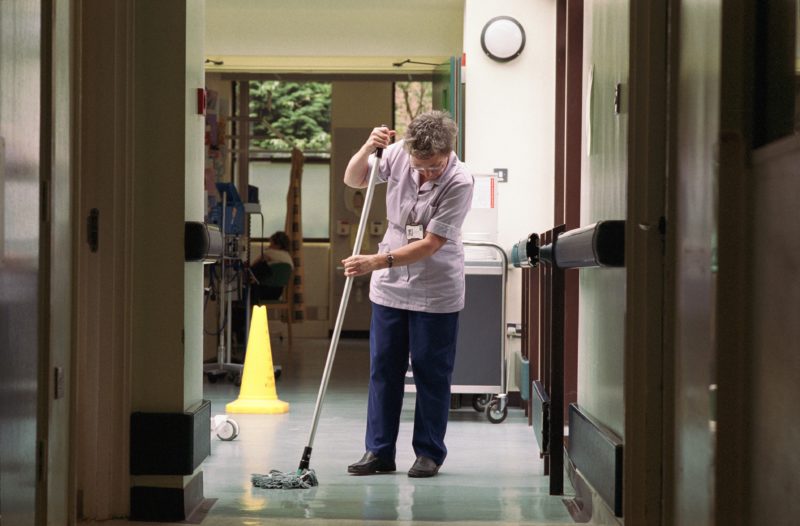 Economy
Economy 
Huw Anslow puts the spotlight on the Welsh Government’s approach to making Wales a Fair Work Nation
On Wednesday 11th March, Assembly Members will debate the proposal for an Equal Opportunities Audit. While the main purpose is to enhance equal opportunities in the private sector, it also seeks to build on the findings of the Fair Work Commission’s report. Ahead of the debate, we take a look at the report’s recommendations and the Welsh Government’s response so far.
Fair Work Commission
The Commission was tasked with identifying solutions to promote and encourage fair work in Wales. May 2019 saw the publication of the Commission’s report, with recommendations including:
- Public sector bodies should be actively and visibly fair work employers
- Inward investors should be fair work organisations
- Social partnership working is central to delivering fair work and the Welsh Government’s proposed Social Partnership Act should reflect the report’s findings
Welsh Government response – Social Partnership Bill
The Welsh Government’s approach to implementing these recommendations is focused on proposals for a Social Partnership Act. This would enhance social partnership working, where government, trade unions and employers agree on collective solutions to workforce challenges.
Simply put, the Bills’ purpose is to establish a framework to deliver procurement which brings a positive impact to local communities and enhances fair work practices. It will do so through three core policies:
- Establishing a Social Partnership Council
- Placing a duty on public bodies to take steps to establish their own social procurement mechanisms
- Requiring public bodies to produce a procurement strategy in line with the goal of enhancing fair work through the supply chain, followed by an annual report reviewing how this has been implemented
An analysis of these policies reveals the limits of this approach.
Firstly, the Social Partnership Council is touted as providing a stronger footing for collaborative action. Yet by consolidating existing social partnership mechanisms, it may simply have the net effect of placing current practice on a statutory basis rather than bringing a new impetus to forward this agenda. It implicitly endorses the status quo, without analysing whether these mechanisms could be more effective.
Secondly, the duty on public bodies is explicitly described as complementing duties as laid out in the Equality Act. Again, this is not a radical step, and builds on what already exists. It increases the burden on public bodies, at the expense of encouraging new approaches.
Thirdly, the Bill places a lot of faith on the impact which public procurement can have on fair work practices. There have been efforts in the past to increase the social impact of procurement. An £11m European Social Fund project running from 2010-2015 was promoted as upskilling procurement officers, yet there is no evidence of what tangible results this has brought for local economies.
Furthermore, the proposals state that the Welsh public sector procures products and services worth £6.3bn, but fails to analyse this. What exactly is this money being spent on? How long would it take for this spend to be transferred to more local supply chains? How much choice do public bodies have in changing to local suppliers? None of these fundamental questions are addressed.
Additionally, even in the best-case scenario, procurement would only enhance fair work practices in those areas where goods and services are being procured. It would not address unfair working practices in areas outside of its supply chains; as there is no analysis on where this money is being spent, it is unclear how much of an impact this approach would have.
Our new Fair Work project will review evidence and engage with employers and workers, developing proposals to enhance fair work practices that go beyond social partnership approaches.
Huw Anslow is Fair Work Project Officer at the Bevan Foundation. His biography is available here. More information on the Fair Work Project can be found here.


